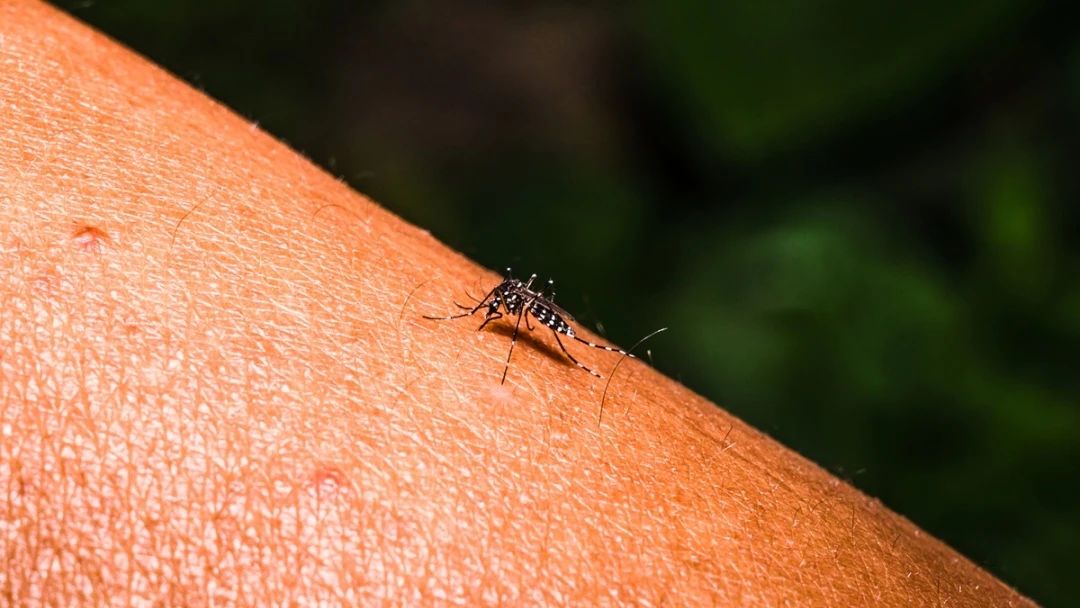
Authorities in Foshan, Guangdong Province, have launched a citywide campaign to combat chikungunya, focusing on eradicating mosquito breeding sites to disrupt the virus’s transmission chain.
According to health officials, Foshan reported 351 new confirmed cases on Friday, all classified as mild. Shunde district, the outbreak’s epicenter, accounted for 273 of these cases, as reported by Nanfang Daily on Sunday. Across Foshan’s five districts, the total number of cases has surpassed 4,000, with Shunde alone recording 3,627 infections. Cases have also emerged in other Guangdong cities, including Guangzhou, Yangjiang, and Zhanjiang.
Chikungunya, like dengue fever, is spread by Aedes mosquitoes, which thrive in stagnant water found in containers such as flowerpots, discarded tires, and other small receptacles. Without standing water, mosquito breeding—and thus the spread of both diseases—can be halted. Health experts emphasize eliminating standing water, mosquito eradication, and bite prevention as the most effective control measures (Nanfang Daily).
Zhang Wenhong, director of the National Medical Center for Infectious Diseases at Huashan Hospital (Fudan University), explained that China has never faced a large-scale chikungunya outbreak from imported cases, leaving the population with no natural immunity. This has allowed the virus to spread rapidly compared to endemic regions, Yicai reported on Saturday.
However, Zhang remains optimistic that timely interventions can contain the outbreak. He noted that southern China is still within a critical window for control, preventing further escalation and limiting spread to neighboring areas.
Human-to-mosquito transmission is another concern, as infected individuals can reintroduce the virus to new regions via travel, where Aedes mosquitoes are present. Zhang stressed the need for thorough mosquito elimination in affected zones while surrounding areas monitor for suspected cases.
Post-outbreak, seroepidemiological studies will be essential to measure population exposure and assess future resurgence risks, he added.
In Foshan, targeted inspections—such as grid-style sweeps in high-risk areas like older neighborhoods and markets—are underway to remove standing water and debris. Beyond government efforts, local state-owned enterprises have donated over 400,000 yuan ($55,808) in supplies for mosquito control, with plans for a second donation round totaling approximately 1 million yuan.






